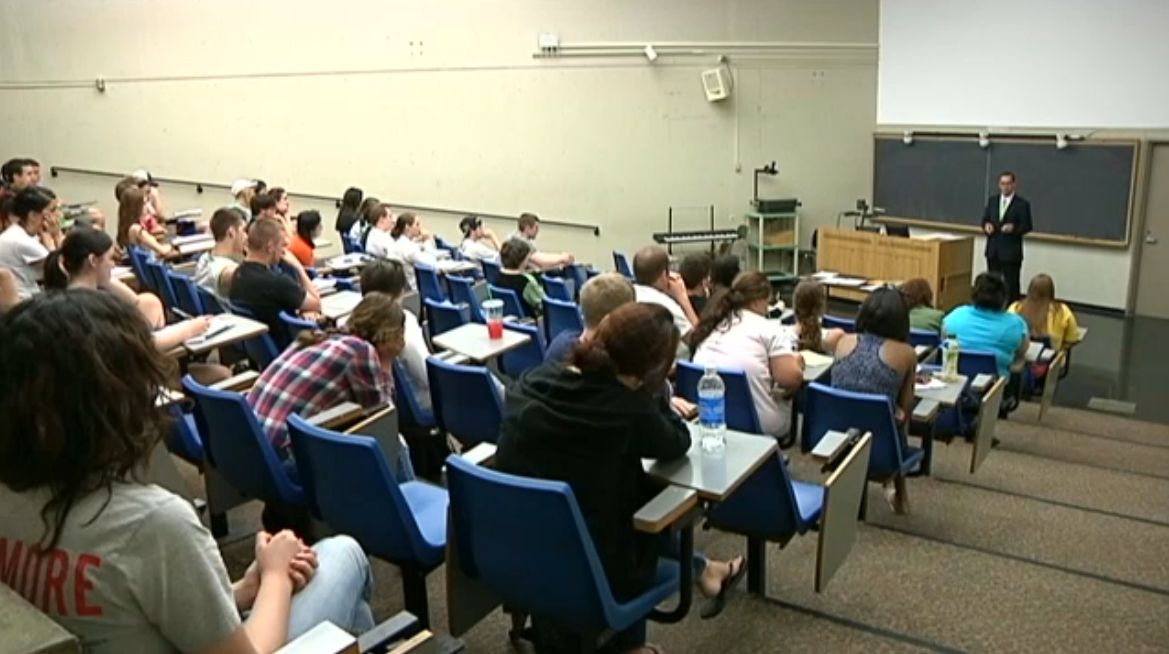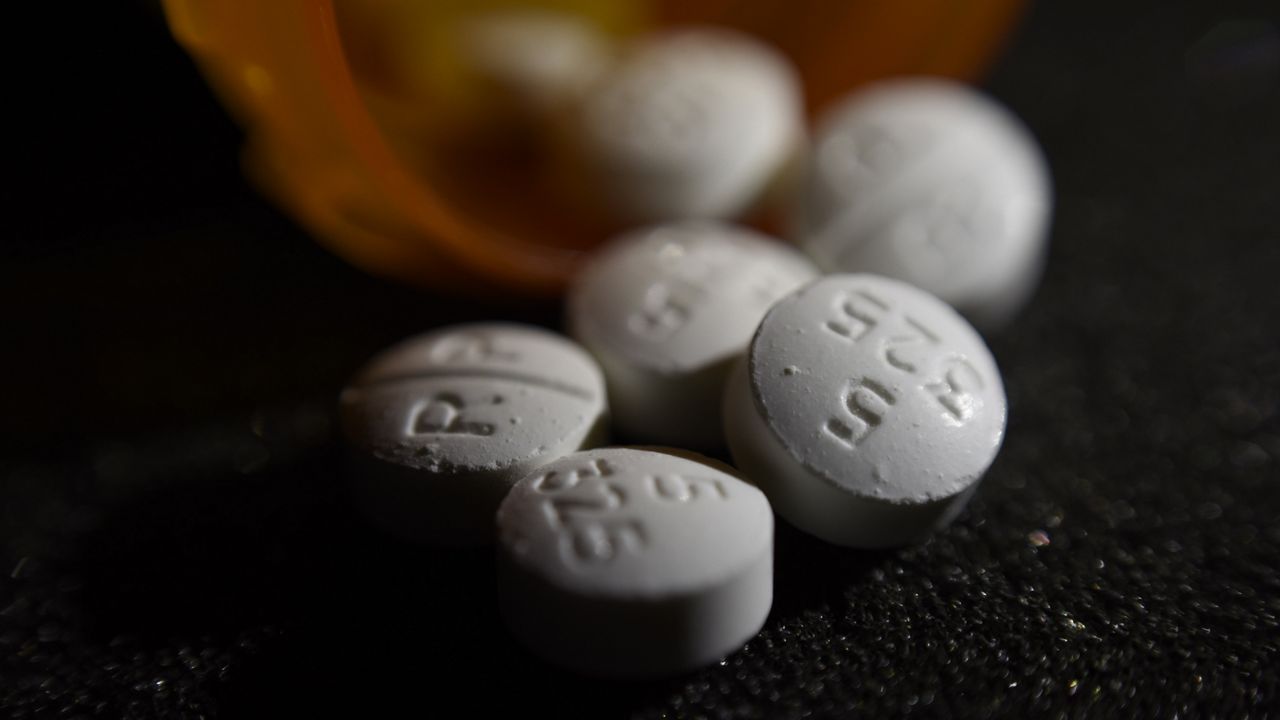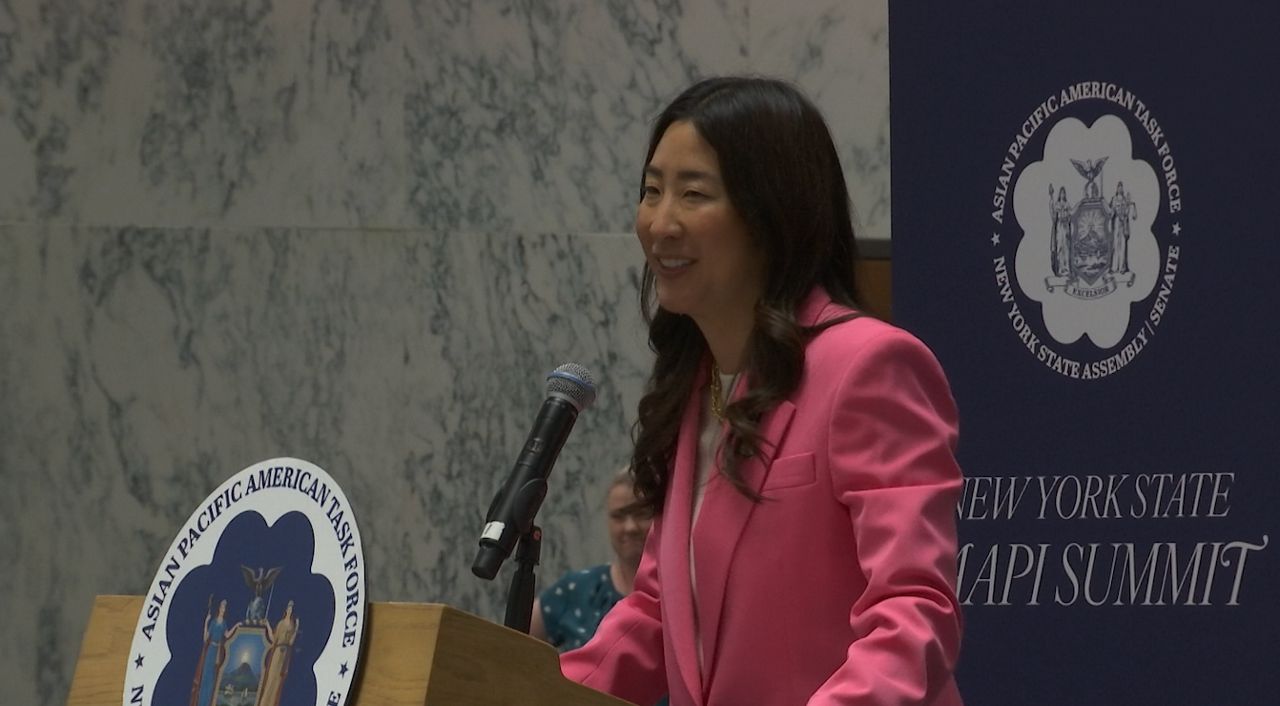With Parkinson's disease diagnoses on the rise, researchers fighting to cure the neurodegenerative disorder say a New York registry focused on the disease could help with future studies, accuracy of treatment and a path to eradicate it.
A bill that cleared the Legislature this session would create a Parkinson's disease registry in New York, which already exists in other U.S. states like Connecticut, Maryland, Washington and California.
If signed into law, the state Health Department would require hospitals, medical centers and physicians to report all cases of Parkinson's within 180 days. About 90,000 Americans are diagnosed with the progressive neurological disorder each year, costing at least $52 billion, according to the Parkinson's Foundation.
Dr. Sarah O'Shea, an assistant professor of neurology at Columbia University, said state level Parkinson's data would help understand the overall prevalence of the disease.
"We could really figure out... if a certain population within a radius of some exposure, for example, we could propose policies to help change things and perhaps make it a bit of a safer environment," she said.
New Yorkers diagnosed with Parkinson's would be notified of the data collection, and could opt out of participating.
Parkinson's disease is the second-fastest growing neurological disorder in the world, with at least 1 million Americans diagnosed to date — an undercount without a national database.
The uptick in Parkinson's diagnoses, O'Shea said, can be linked to industrialization and an increased exposure to neurotoxins, including people in rural areas because of a higher prevalence of chemical-laden pesticides. Smoking cigarettes reduces a person's risk of developing Parkinson's disease, and the 50-year decline of U.S. adults who smoke could also contribute to its prevalence.
O'Shea added better Parkinson's recordkeeping would improve related research and scientific advancements.
"If we had genetic data, for example, we could help figure out associations, potentially even cures, for a subset of individuals," she said Thursday.
The bill to create the Parkinson's registry unanimously passed the state Legislature this spring. Senate sponsor Brad Hoylman-Sigal said the registry will lead to more accurate outcomes and earlier detection — similar to the state's cancer registry.
"It goes back to the old addage: An ounce of prevention is worth a pound of cure," the senator said. "We can save important public health dollars in the long run if we invest now in establishing this registry."
The state would spend about $1 million to create the registry, but the cost will decrease over time, he said.
"With a registry... we can support patients to give them access to studies where researchers can reach out to them directly, and potentially discover existing disparities and treatment among underrepresented communities," Hoylman-Sigal said. "And also figure out some of the unknowns, which is explore potential links between environmental factors, military service and other features of many individuals with Parkinson's."
The data could also help New York patients get better support, and to pool resources as they manage the degenerative disease.
"There's no cure for this disease, so it's something that people are going to have to take a lot of compensatory strategies with," said Sen. Jake Ashby, a Republican who co-sponsored the measure.
"People fighting this disease need help," he added. "It's certainly not an easy thing to manage, so the more resources we can gather to help find more successful outcomes, the better."
O'Shea said more data about the disease from New York's diverse population will likely target better treatment and research to discover new therapies for Parkinson's.
But ultimately, O'Shea said the registry could be the next step to reach the goal of finding a cure.
"It's one step at a time," she said. "It's just small steps at a time."
Lawmakers worked closely with the Michael J. Fox Foundation for Parkinson's Research to draft the legislation. The foundation has worked with over a dozen state legislatures on similar legislation, and intends to fight to create a registry in every U.S. state.










